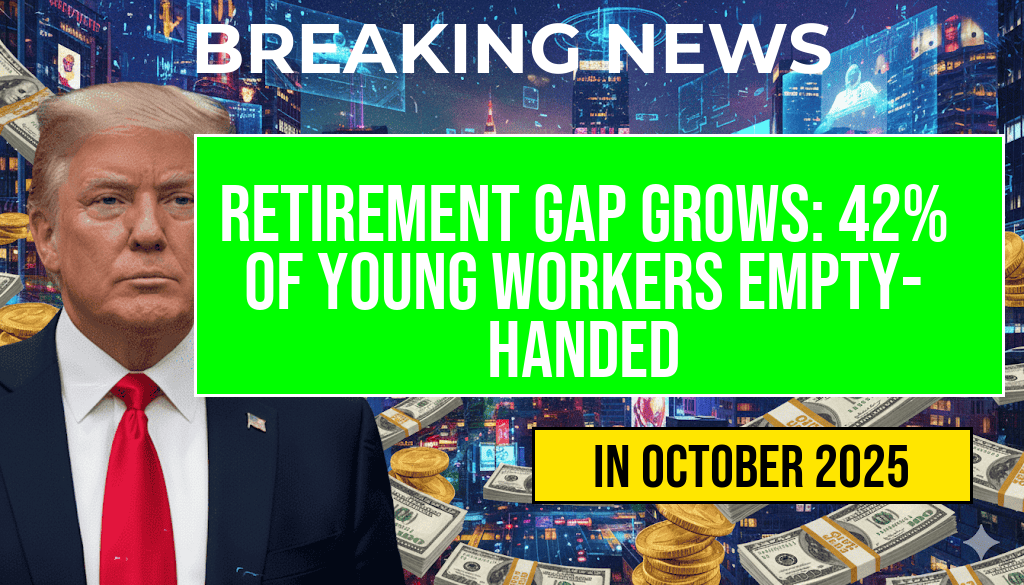The looming threat of a government shutdown poses significant risks to the nation’s social safety net, particularly the Social Security program. While current beneficiaries are likely to continue receiving their payments uninterrupted, new applicants could face complete delays, effectively creating a two-tier system that favors existing recipients over those seeking assistance for the first time. This divergence stems from the federal government’s operations and funding mechanisms, which could halt processing of new Social Security claims if a shutdown occurs. The potential disruption raises concerns about the most vulnerable populations relying on timely benefit payments and underscores the broader implications of congressional gridlock on essential social programs.
The Impact of a Government Shutdown on Social Security Processing
A government shutdown occurs when Congress fails to pass funding legislation, halting many federal agency operations. The Social Security Administration (SSA), which manages retirement, disability, and survivor benefits, is considered an essential agency. Therefore, it is generally expected to continue processing payments for current beneficiaries. However, the agency’s ability to process new claims is more vulnerable, especially if shutdown measures include restrictions on non-essential activities.
During past shutdowns, existing Social Security beneficiaries received their payments without interruption. The challenge arises primarily for individuals applying for benefits for the first time or requesting updates, such as reconsiderations or appeals. These processes often require active agency review and administrative work that could be delayed or suspended during a funding lapse.
Existing Beneficiaries Remain Protected, but New Applicants Face Delays
Current recipients of Social Security benefits are generally shielded from immediate disruption, thanks to the agency’s prioritized payment system. However, new applicants or those seeking to change their benefits could encounter significant delays, sometimes extending weeks or months beyond normal processing times. This situation risks creating a de facto disparity where longstanding beneficiaries continue to receive support, while prospective beneficiaries are left waiting indefinitely.
How the Delays Affect Different Groups
- Retirees and Survivors: Those already receiving benefits will likely see no interruption in their payments, but new retirees may experience long wait times if they apply during a shutdown.
- Disability Claimants: Applicants seeking initial disability benefits may face extended processing times, exacerbating financial hardship for individuals awaiting critical support.
- Low-Income Seniors: For many vulnerable seniors relying solely on Social Security, delays could mean difficulty in covering essential expenses, including healthcare and housing.
Legal and Administrative Frameworks Fueling the Disparity
The distinction between existing beneficiaries and new applicants stems from the operational structure of the SSA and broader federal funding laws. Existing benefit payments are funded through already allocated appropriations, which are typically not affected by a shutdown. Conversely, processing new claims or administrative updates often depend on ongoing funding and staffing, which can be curtailed during a lapse in government funding.
According to the Wikipedia page on Social Security in the United States, the SSA’s ability to process new claims is tied to appropriated funds and staffing levels. When federal agencies face shutdowns, many functions are deemed non-essential, leading to suspension or slowdown of case reviews and benefit determinations.
Potential Consequences for Social Security Recipients and the Broader Economy
The immediate effect of a shutdown on new Social Security applicants can have ripple effects across the economy. Delays in benefit disbursement could force some individuals to defer payments on rent, utilities, or healthcare, potentially increasing the risk of financial instability and homelessness among vulnerable populations. Moreover, the uncertainty surrounding benefit processing may erode public confidence in the social safety net, especially if delays persist over extended periods.
Economists warn that prolonged delays could also dampen economic activity, as individuals with pending benefits might reduce spending until they receive their payments. This contraction could have a broader impact on local economies, especially in regions with high concentrations of Social Security recipients.
Government Efforts to Mitigate the Damage
During prior shutdowns, the SSA and Congress have taken steps to mitigate impact, such as prioritizing payments to current beneficiaries and maintaining critical staff to process existing claims. However, unless a funding agreement is reached promptly, delays for new applicants are likely unavoidable.
Legislators and advocacy groups are calling for measures to safeguard the processing of new claims, emphasizing that access to Social Security benefits is vital for millions of Americans. Some proposals suggest allocating emergency funds or establishing contingency plans to ensure that new applicants do not face insurmountable barriers during funding lapses.
Looking Ahead: The Urgency of Congressional Action
The ongoing political impasse underscores the need for a bipartisan approach to prevent disruptions to essential social programs. With the potential for a government shutdown looming, stakeholders are urging lawmakers to prioritize funding agreements that protect the integrity of Social Security operations, ensuring that both current and future beneficiaries are served equitably.
| Benefit Type | Existing Beneficiaries | New Applicants |
|---|---|---|
| Payment Continuity | Uninterrupted | Likely delayed or halted |
| Claim Processing | Operational | Significantly slowed or suspended |
| Administrative Appeals | Likely to proceed | Likely to be delayed |
As discussions continue, the importance of safeguarding social safety nets becomes clearer. Ensuring that all Americans, regardless of their stage in life or claim status, can access their entitled benefits without unnecessary delay remains a critical challenge for policymakers.
Frequently Asked Questions
What are the potential impacts of a government shutdown on Social Security applicants?
A government shutdown could lead to complete delays for new Social Security applicants, preventing them from receiving benefits until funding is restored. Existing beneficiaries are typically protected and continue to receive their payments without interruption.
Who remains protected during a government shutdown: existing or new Social Security recipients?
Existing Social Security recipients generally remain protected and continue to receive their benefits. However, new applicants may face significant delays in processing and receiving benefits.
How might a government shutdown affect the processing of new Social Security applications?
During a government shutdown, administrative offices responsible for processing new Social Security applications may operate at limited capacity or close entirely, resulting in delays and extended wait times for new applicants.
Are there any protections in place for existing Social Security beneficiaries during a shutdown?
Yes, existing beneficiaries are typically protected from disruptions during a government shutdown and will continue to receive their benefits without interruption.
What should new Social Security applicants do if a government shutdown occurs?
If a government shutdown occurs, new applicants should stay informed through official Social Security channels and be prepared for potential delays. It is advisable to check for updates and guidance on processing times during the shutdown period.






